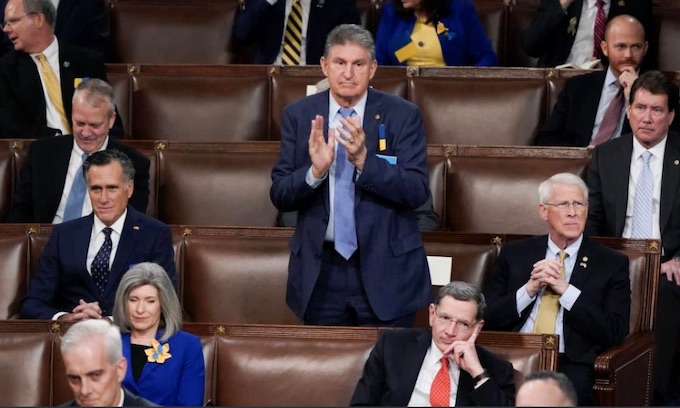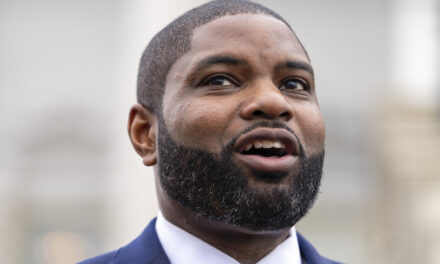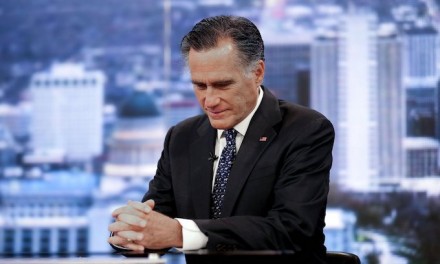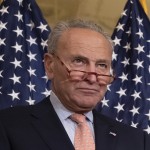Sen. Joe Manchin, the West Virginia lawmaker who has infuriated his own Democratic Party for blocking their Marxist agenda on Capitol Hill, surprised both parties this week when he sat with Republicans at the State of the Union address.
According to news accounts, Manchin sat between GOP Senators Mitt Romney and Roger Wicker (pictured above) in what some view as a warning sign for President Joe Biden and Senate Majority Leader Chuck Schumer.
A spokesman for Sen. Manchin said he sat with Sen. Romney “to remind the American people and the world that bipartisanship works, and is alive and well in the U.S. Senate.”
It is not clear from news stories if Romney invited Manchin to sit with him.
Measuring the Democratic senator’s support during Biden’s speech depends on the news source. Axios reported Manchin repeatedly stood with fellow Democrats during the speech, but The Washington Examiner said Manchin remained in his seat during clapping and applause for the Build Back Better agenda. That radical and expensive left-wing wish list was killed by Manchin’s refusal to support it.
Manchin was on his phone and stayed in his seat when Democrats jumped to their feet to support Biden’s Supreme Court nominee, Ketanji Brown Jackson, the Examiner also reported.
Reacting to Manchin’s choice of seating Tuesday night, Gary Bauer of the Campaign for Working Families predicts it didn’t happen by accident.
“I suspect what Joe Manchin was signaling to the president, and to others that are in control of the Democratic Party right now,” Bauer tells AFN, “is that they are very close to losing him as a senator who wants to continue to call himself a Democrat.”
Manchin’s possible jumping to the GOP has been a popular topic in Washington during the first year of Biden’s term — but so has the fact Manchin has emerged as a key vote, and a powerful man, in the evenly divided Senate.
If the West Virginia senator does switch to the GOP, Bauer says, he would immediately hand control of the body to Senate Minority Leader Mitch McConnell, who would then control who chairs the Senate’s powerful committees.
“And that would take place,” he points out, “before the election in November.”



















The Republicans are to America what America is to Ukraine,,,,,Manchin is to a former great but now controlling Democrat party what Zelenskyy is to the Former Soviet controlled Ukraine,,,,trying to break free and reform it from within, but resigning himself he must jump ship to freedom loving NATO like Manchin needs to jump ship to the democratic Republic freedom loving Republicans.
Manchin supported the impeachment of Trump and he supported Obamacare, so even though Manchin has been a thorn in the side of “Build Back Better”, Manchin would be nothing more than a RINO in the Republican party.
TRUE. BUT better a rino, than a commucrat!